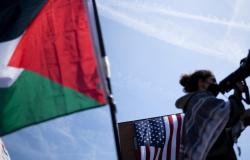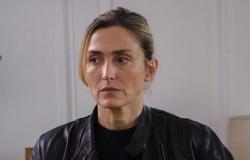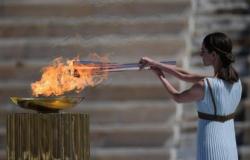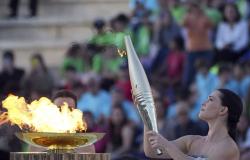The creation of a Directorate of Religious Affairs and the Integration of Arab Education graduates announced by the President of the Republic, Bassirou Diomaye Diakhar Faye, has provoked many reactions in Senegal. It must be said that previous regimes also attached particular importance to the management of religious affairs within the framework of national governance. However, everyone handled this issue in their own way.
Senegal will have a Directorate of Religious Affairs housed at the Presidency. In the Council of Ministers on Wednesday, April 17, the President of the Republic Bassirou Diomaye Diakhar Faye made the announcement as well as the Integration of graduates of Arab education (composed of the Office of Religious Affairs and the Office of integration of Arab education graduates). The new president thus comes to satisfy an old grievance of religious leaders. While some welcome the decision in the sense that it allows “promote interreligious dialogue and social inclusion”, others, however, raise many concerns. According to them, this approach by the president seems “indicate a preference not only for a particular faith, but also for a specific teaching discipline, which can be seen as a breach of the principle of equality which must prevail in a secular State”. From their point of view, religious affairs should fall within the prerogatives of the Ministry of the Interior. They also expressed reservations about the fact that responsibility for the integration of Arab graduates would fall less to the Directorate of Religious Affairs than to the Ministry of Higher Education, Training and the Ministry of Labor. According to them, a large concentration of services at the palace that could be “the signs of a hyper-presidency”.
In a contribution published in Sud Quotidien of April 20, 2024the Human Rights consultant, Denis Ndour, emphasizes that we must not do “the amalgam consisting of associating or even confusing the secularism of France with that of Senegal which has a unique particularity in the world. All the same, he set conditions before the implementation of the decision of the President of the Republic. Thus he indicated: “The President of the Republic should imperatively educate us on the vision, mission, and specifications of this direction to reassure all Senegalese Muslims, Christians, or followers of traditional religions by organizing a broad consultation between all religious actors to comment positively on the issue.”
Indeed, religious questions have always occupied a special place in the management of the various Presidents of the Republic. Macky Sall, predecessor of Bassirou Diomaye Diakhar Faye, had thus created a Daara Inspection within the Ministry of National Education which he subsequently transformed into a Directorate housed within the same ministry a few weeks before his departure, at the at the end of the second edition of World Daara Day which he chaired in Diamniadio. Created by a decree of December 6, 2023, this Directorate aimed to materialize “the State’s desire to make the modernization of the daara a lever for inclusion and a primary basis for promoting national human capital”, according to the press release from the Council of Ministers. She devrthus carrying out a capacity building program for professional actors to “give educational tools to Koranic masters”, indicated Macky Sall.
Former President of the Republic Abdoulaye Wade had also appointed a Minister Advisor in charge of Religious Affairs in the person of the late Mamadou Bamba Ndiaye, journalist. It was a first in Senegal. This decision was taken in a context of controversy between the head of state and religious figures, particularly in relation to the construction of the African Renaissance monument. This shows the extent to which the management of religious affairs has always been at the center of presidential concerns, even if it has never failed to raise questions, appreciations and criticisms from Senegalese people of all stripes.
MARIAME DJIGO






